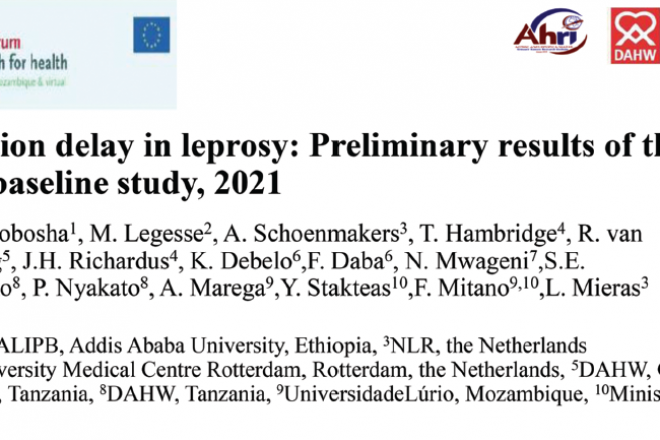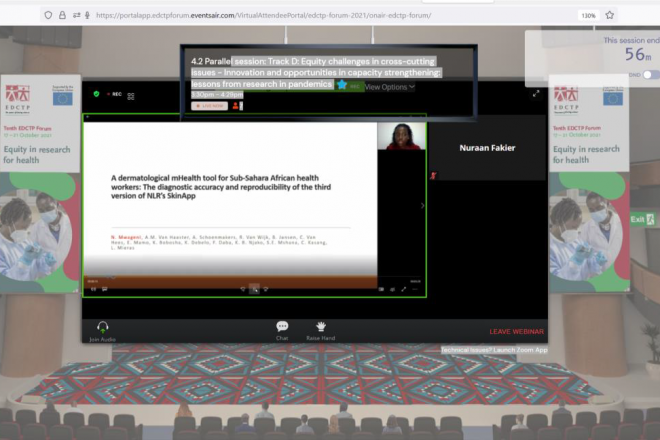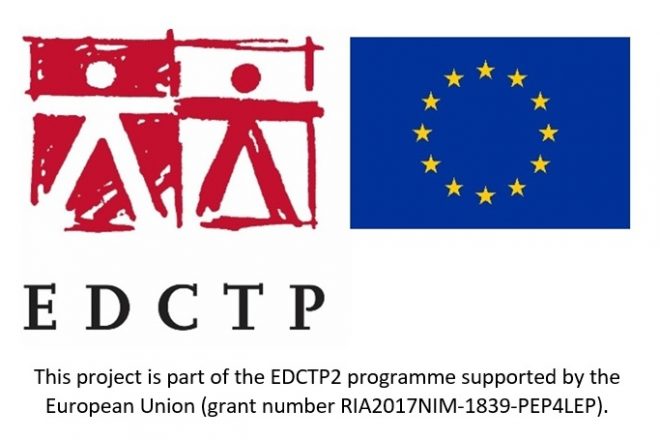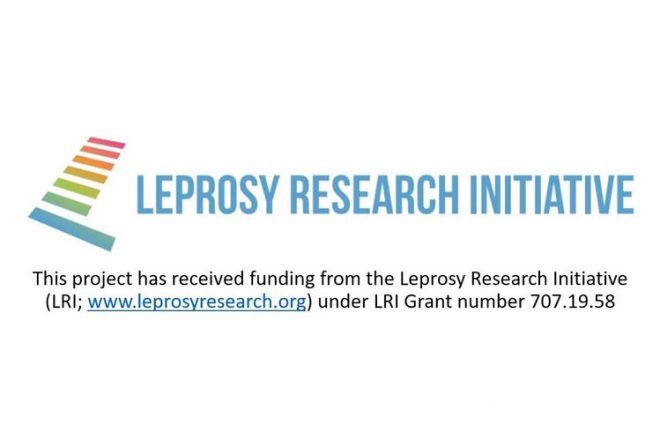Newsletter PEP4LEP – December 2021
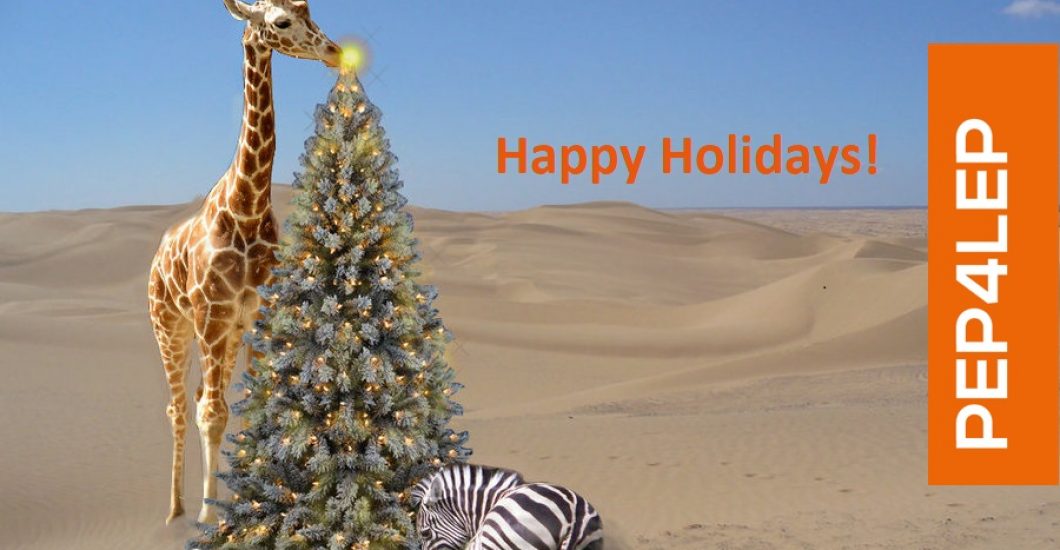
Thank you for your collaboration in 2021!
In 2021, we collaborated to overcome many challenges and supported the success of the PEP4LEP project. You were of great value in our journey towards zero leprosy, and to ensure a better future for many people affected by leprosy.
On behalf of them, as well as our partners, we wish you happy holidays and all the best for 2022!
Below you will find the most recent updates and achievements in the project.
The PEP4LEP project team
PEP4LEP project launch in Mozambique
A big step in Mozambique was the launch of the PEP4LEP Project. This memorable event took place on the 14th of September 2021, at the administrative post of Nametil headquarters, in the District of Mogovolas, 1 of the 3 implementing Districts. Many people gathered for this launch: Provincial and District Government entities, representatives of Lúrio university and Ministry of Health partners, community and religious leaders, community volunteers, people affected by leprosy, and District leprosy supervisors of the 3 implementing Districts.
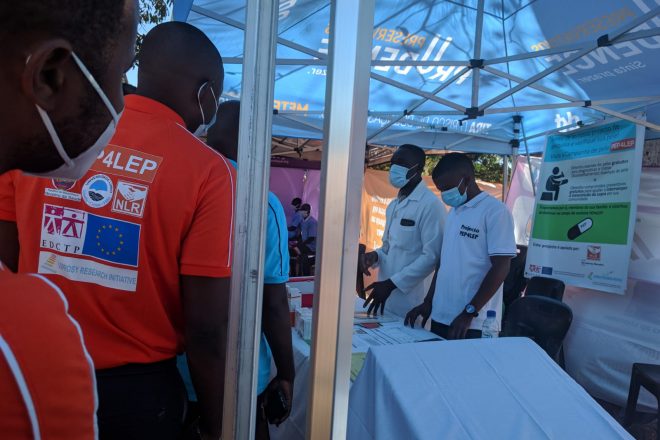
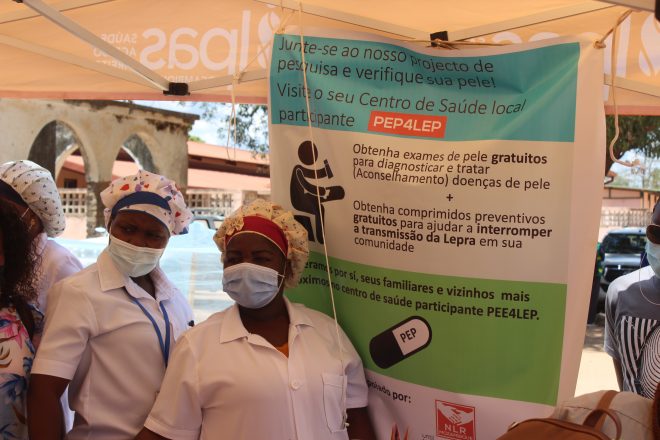
A health fair was organised, where guests from various backgrounds were able to interact. A young boy from the local theatre group, Eito Evaristo José Nicuia, recited a poem about leprosy, through which he highlighted that this disease does not dictate the end of a life, and that it does have prevention and cure: “…Leprosy affects the skin, leaves wounds…attacks the head and burns the hair, it attacks limbs and takes off fingers, leprosy is curable… only the nurse is the one who cures. The wounds do not cause pain, but the patient loses love… it is not fire but it burns the body, it does not have paint but paints the body, the patient only trusts the shoe and doesn’t adhere to the treatment. Leprosy has no arms, but it takes “lives”…but don’t forget that our greatest value is life“. Click here to watch the poem recital in Portuguese.
Three people affected by the disease were able to tell their stories about their successful recovery, and to appeal to everyone to adhere to this great project that brings hope for a better life for the communities.
Another big step was the start of inclusion of contacts in health centres, where health workers are motivated, and leprosy patients and their families are enthusiastic about this promising prevention method. With the start of the intervention, we are confident to reach or even exceed the goal of including index patients and their contacts, and with the continuous monitoring of trained health technicians, to obtain good quality data and results.
Esperança Humberto (health technician from the Nacavala health facility in the district of Meconta) states: “This project is very welcome to the people of Nacavala. This initiative is to be commended when the study is accepted in our communities and contacts agree to take rifampicin to prevent the onset of leprosy. It also raises our understanding and awareness about leprosy. I believe that this way we will help a lot in preventing leprosy transmission, as it is a reality in the communities.”
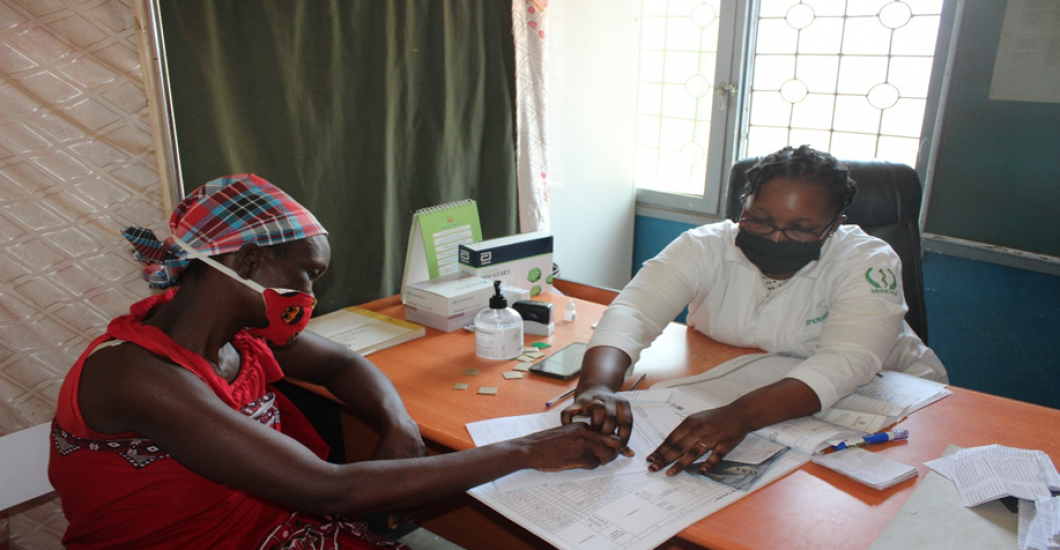
Highlights from Ethiopia
The team in Ethiopia has worked very hard over the past months. They have started up both the health-centre based intervention as well as the skin camps. In total, they trained 122 general health care workers and 125 community health workers on the PEP4LEP study, leprosy and other skin diseases.
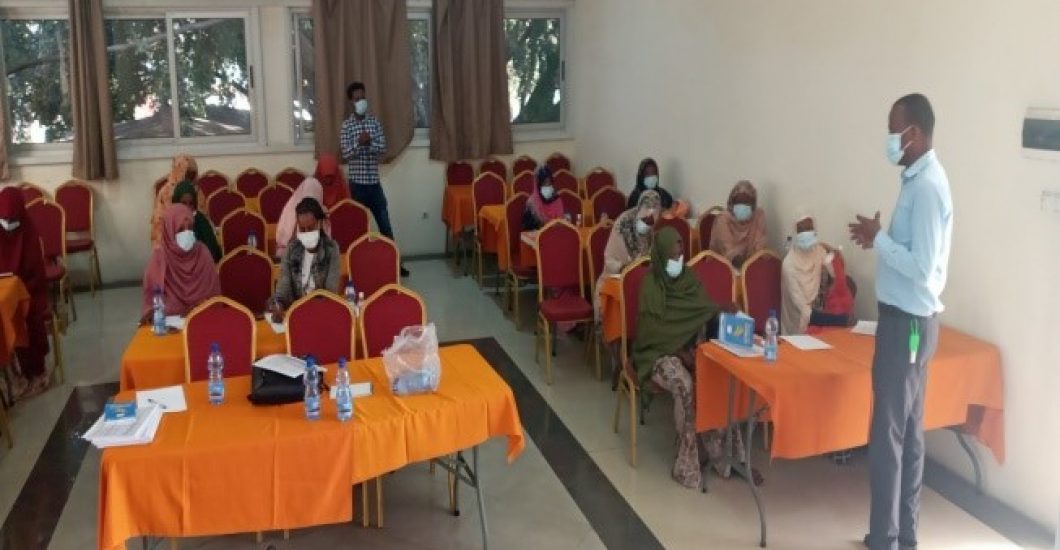
Overall, sixteen skin camps have been conducted. Through this, the team managed to provide around 1,250 contacts with SDR-PEP and detected thirteen new leprosy patients. A smart system for the management of the skin camps was set-up, consisting of three teams with their own responsibilities: a team that controls the crowd in line with COVID-19 measures and provides health education; a team that provides study information, registers contact and gains informed consent; and a third team that performs the skin screening and provides SDR-PEP to eligible contacts.
Setting up the skin camps in Ethiopia can be quite challenging, given the remote areas where they need to take place. Watch this VIDEO, with a short update from research assistant Fufa Daba, to see how hard the team works to deliver SDR-PEP in the communities!
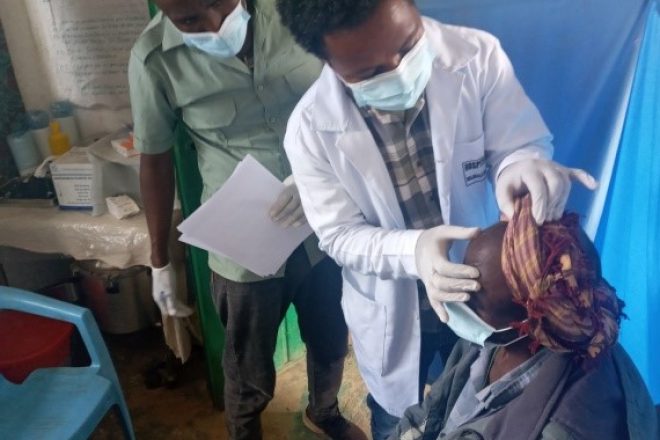
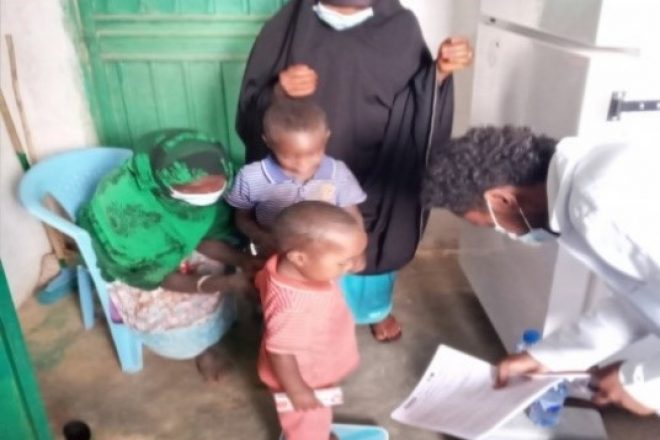
Highlights from Tanzania
While Tanzania has been implementing project activities for a while, it is always nice to give some more insight into the health-centre based activities that are taking place in the country. The supervising team regularly visits the health centres and monitors that all activities are taking place according to the project’s standard operating procedures. They review completed data collection tools, crosscheck and collect the forms ready for entry into the data base, discuss challenges and agree on the way forward on PEP4LEP activities, check stock keeping of medicines for skin conditions and rifampicin and verify expiry dates.
So far, a total of 80 index patients were recruited through the health-centre based approach; 344 contacts were screened and 328 received SDR-PEP. Five new leprosy patients were identified through this intervention.
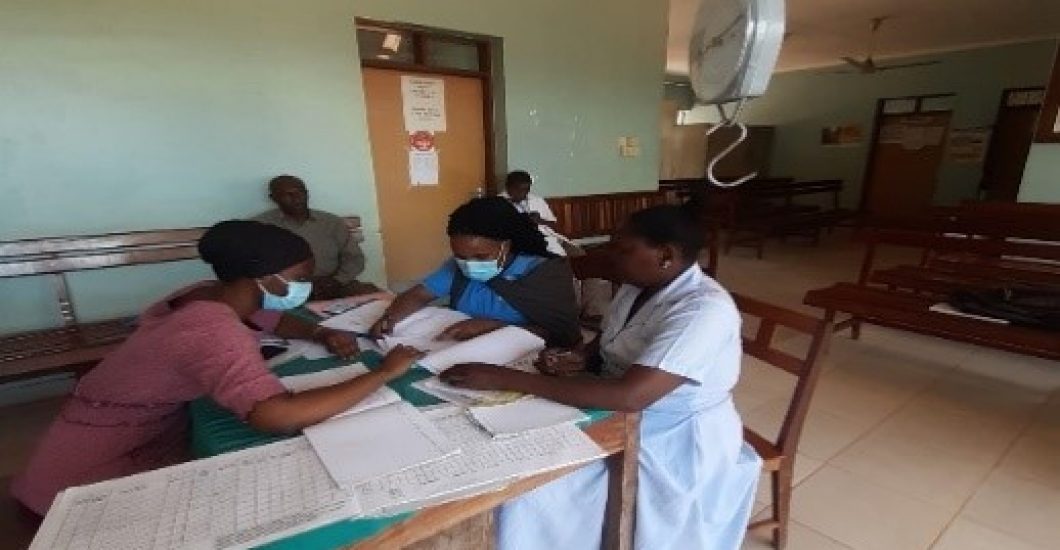
Online annual meeting
In November, the PEP4LEP annual meeting took place via Zoom. Unfortunately, the COVID-19 pandemic prevented us again from meeting in person. The consortium hopes to see each other again in 2022, still looking forward to the Mozambican hospitality.
This year the meeting was chaired by Liesbeth Mieras, who took over the chair-position of the international programme management committee (IPMC) from Gerrit de Vries. Gerrit has left NLR to start up his own consultancy business. We wish him good luck in his endeavours.
During the meeting, the task forces from the different countries shared their progress and experiences. Despite the COVID-19 pandemic and related restrictions, all countries managed to start up or continue project activities; field experiences were shared among the country teams. The PhD students are making good progress on their academic work and their first publications are to be expected soon. They also work hard on the protocols for the acceptability and cost-effectiveness study, which will start up in 2022.
We want to thank all participants for their enthusiasm and engagement!
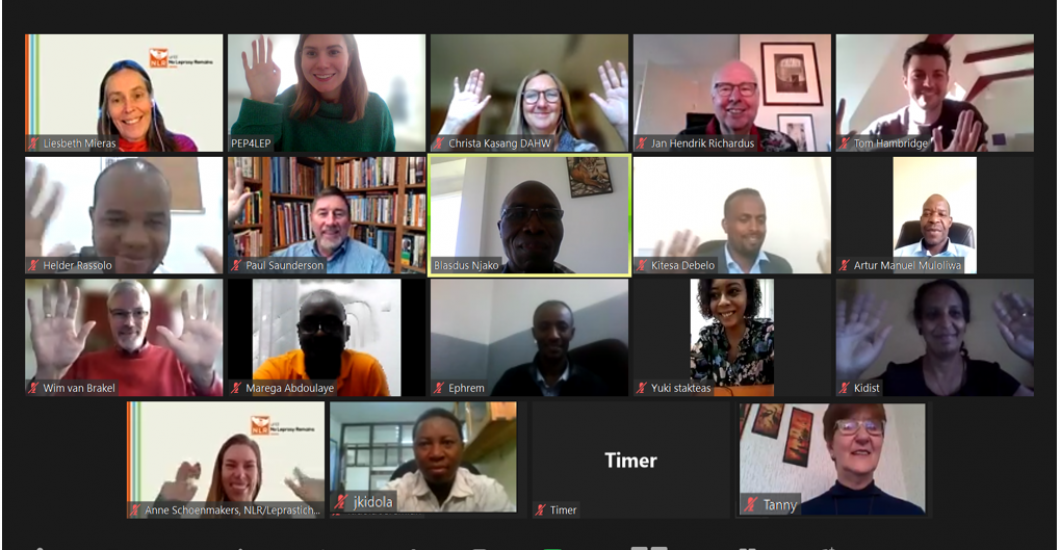
EDCTP Forum
With the EDCTP forum of 2020 postponed to 2021, hosted by the beautiful country Mozambique, and fortunately also accessible online, the PEP4LEP consortium enthusiastically participated and presented. Ephrem Mamo (PhD student, Ethiopia) had made a poster presentation about the preliminary results on the PEP4LEP study. Nelly Mwageni (PhD student, Tanzania) seized the opportunity to share the findings on the use of the NLR SkinApp, and how it helps to increase capacity building among health workers in Sub-Sahara Africa.
